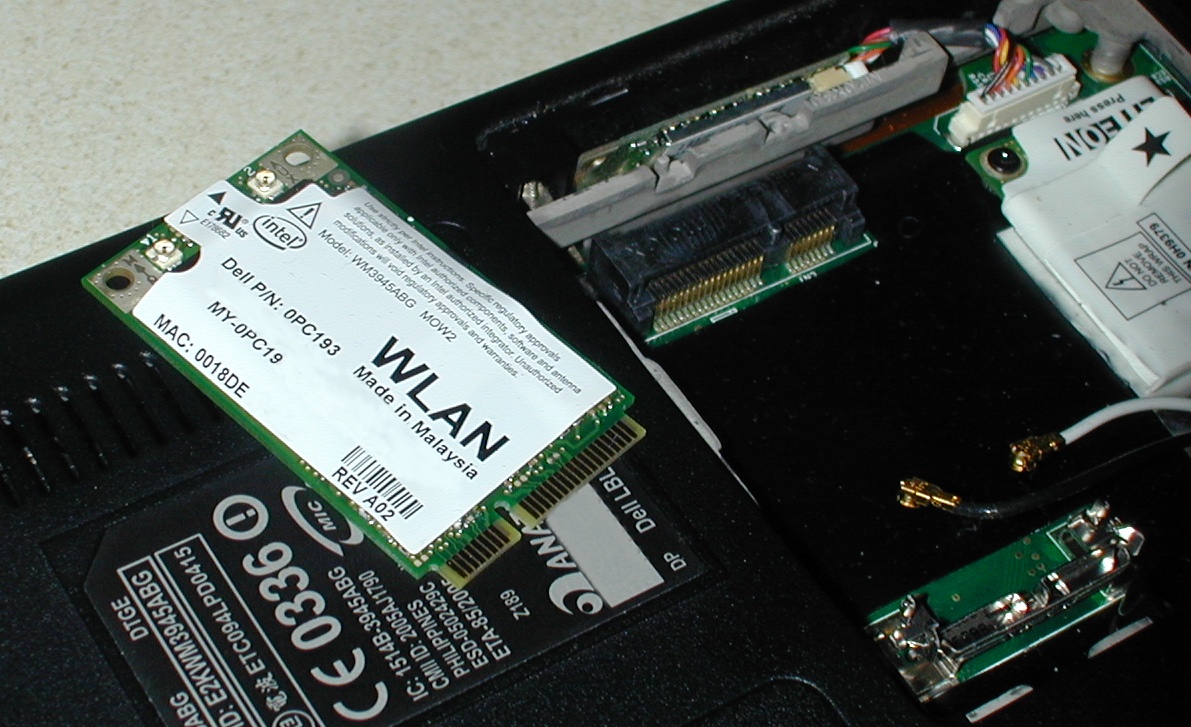FPC connectors have been established in response to challenges in this emerging industry which calls for smaller centerline or timer distances, smaller capability heights, and lightweight interconnection solutions as the industry tendencies in direction of miniaturization. TE’s FPC connector is dependable interconnections utilizing FPC cable terminators are field-particular terminable (no instruments obligatory), obtainable in 0.25mm, 0.3mm, 0.5mm, 1.0mm, and 1.25mm interfaces, and low-profile detail peak and compact traits. Connectors have been created to deal with the challenges of this expanding market, which requires smaller centerlines or pitch distances, lower profile heights, and lighter interconnect options. There are many ways to explore the capabilities of FPC connectors. One of many prevalent cable connector alternatives for sensible purposes is a versatile PCB connector(FPC). These connectors with fragile shape elements and unparalleled flexibility provide a really high density and subsequently serve numerous advanced purposes and in all totally different market segments. These flexible cable options can match into tight rooms with a implausible profile design with the consistently lowering kind factor criteria.
Where can FPC be used? What’s FFC Connector? Where can FPC be used? FPC connectors, similar to wearable electronics and medical gear, are broadly used in many vital, convenient applications. In the automotive sector, increased FFC/FPC connectors assist progressive capabilities like in-car infotainment, vivid lighting, driving autopilot modes akin to ADAS, and help for navigation and security settings. With Smart manufacturing and 5G expertise deployment, FFC/FPC connectors explore options in lots of subsequent-generation purposes. Amphenol offers high-performance, flexible, dependable FPC options to fulfil the requirements of all new gadgets. The micro flex connectors supplied in 1.00mm torque and 0. If you adored this article so you would like to get more info concerning High-speed PCB connector please visit the webpage. 50mm torque are preferably used for a large number of automotive, medical, connectivity, information and business devices. ClincherTM and DuflexTM are ideal for industrial and modulation functions; in particular, shock or vibration is an issue, equivalent to industrial control methods, non-automotive transport, and retail supplies. What’s FFC Connector? Flexible Flat Cable FFC connectors are ribbon-like plastic, polymer, film, or designed polyurethane connectors with metallic termination parallel to the foundation.

On the other hand, FPC contains printed or inserted circuitry on the FPC cable board that helps the cable function as a variable PCB. In 1.00mm and 0.50mm, pitch sizes, Amphenol presents multi-hight vibration-proof flex connectors. Both FFC/FPC connectors with a 2.49mm pitch are accessible in ZIP, Non-ZIF, LIF, and high-velocity. Where can FFC be used? FFC (versatile flat cables) are a sort of ribbon cable referred to as its complete centralized system. Usually, they’re clean connectors without additional tools. The construction of FFC cables makes it less space and extra flexible than round cables and infrequently offers better EMI / RFI removal and the elimination of wire coupling issues. They attempt for use in additional wonderful electronic techniques – notably where high ranges of flexibility are required, akin to connections to a moveable printer head, wrapping cellphones, or mass or space restrictions. Electronic equipment presents a choice of FFC cables for soldering or connecting with 0,5 mm, 0,8 mm, 1 mm, 1,25 mm, and 2.Fifty four mm pitch.
Electronics supplies a variety of FFC connectors passable for various pitches to reinforce our range of FFC cables. Most users, mainly these new to the digital and printed circuit boards world, could be tough when distinguishing between FPC and FFC. While FFC and FPC can be the same, they are totally totally different. Look carefully. They also supply varied superior features. Then how do you spot the difference between FFC/FPC connectors? There are a number of different roles of both the FFC and the FPC cables; FFC cables are used extensively for high-flex functions, starting with their specific functions. Everyones use widening in nearly all electrical appliances we use in fashionable occasions. Plotters, copiers, scanners, fax machines, stereos, and LCD appliances are additionally utilized in the application areas of FFC cables. FPC is accessible in antennas, audible devices, LCD TVs, cameras, laptops, and printers. They are also pervasive within the aviation sector. FPCs have developed through the years, offering efficiency and high quality. FFC are additionally different from FPC in terms of manufacturing processes.
FPCs are produced by grafting on the Flexible Copper Clad Laminate (FCCL) and minimize to dimension into varied layers then. However, FFC requires a structured lamination of the copper wires and flat polyethene terephthalate (PET). That’s why, we realize that cables are often a little bit thicker and far more important than versatile printed cables. In distinction to FPCs, FFCs are made with two layers of wires that insulate the foil on its flat copper ductor. As already talked about, FFCs would work well in a number of utility areas. Compared with versatile printed circuits. For example, tight fields require cables of a larger thickness than cables in functions that aren’t extremely tense. The best thickness of FFC wires designed to work in challenging environments is 0.5mm, High-speed PCB connector 0.8mm, 1.0mm,1.25mm, 1.27mm, 1.5mm, 2.0mm, and 2.54mm. Then again, there may be little room for FPC cables, lots of that are thick between 0.15 mm and 0.2 mm.
